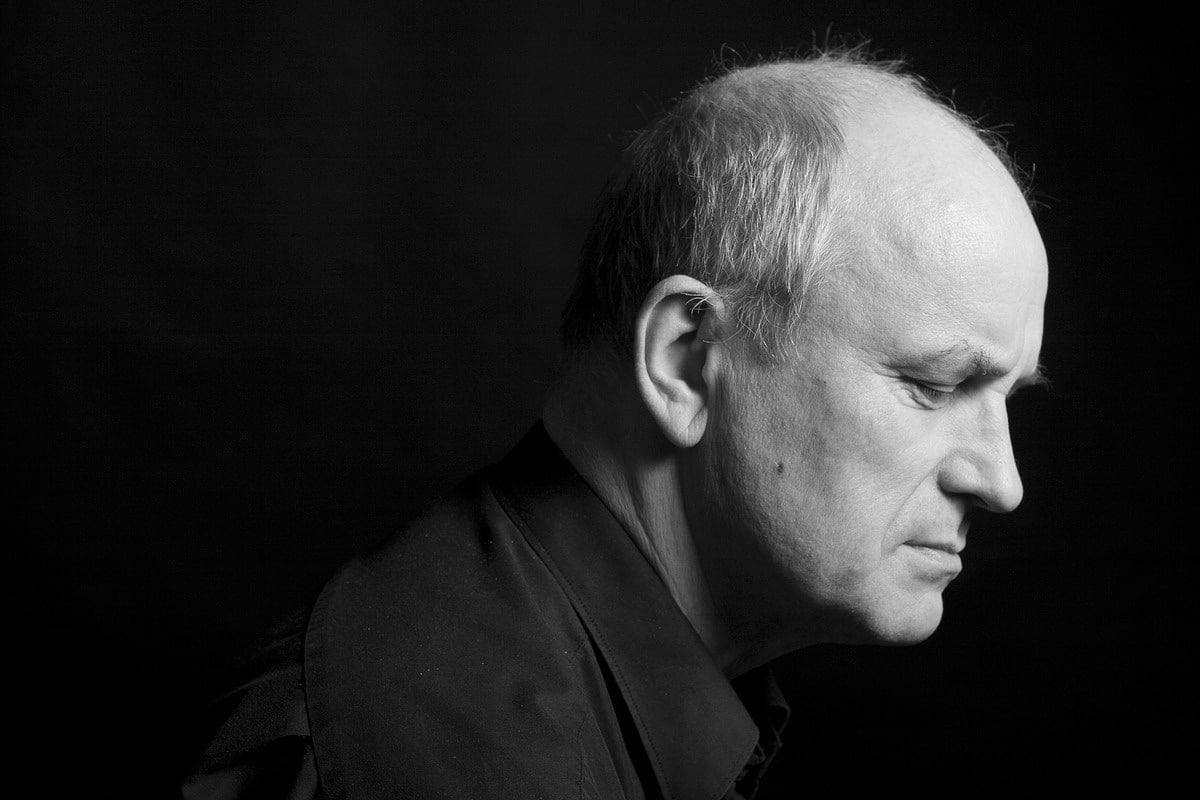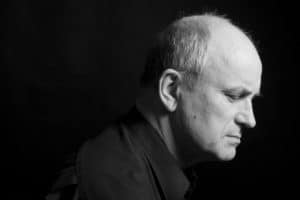Death of a landmark Tchaikovsky pianist, 74
RIP
We would frequently receive emails from the pianist Andrei Hoteev about his efforts to clean up corrupt editions of the Tchaikovsky B minor piano concerto and restore the composer’s true intentions. He made himself the world authority on the work and played it with great bravura.
Hoteev’s recording of five Tchaikovsky works for piano and orchestra is a landmark of performance and research. Living in Germany since 1993 he was a close lookalike of Sviatoslav Richter. He was a regulara accompanist with Sergei Aleksashin, Robert Roll and Anja Silja.
We now hear that Andrei Hoteev has sadly died, weeks before turning 75.







Comments